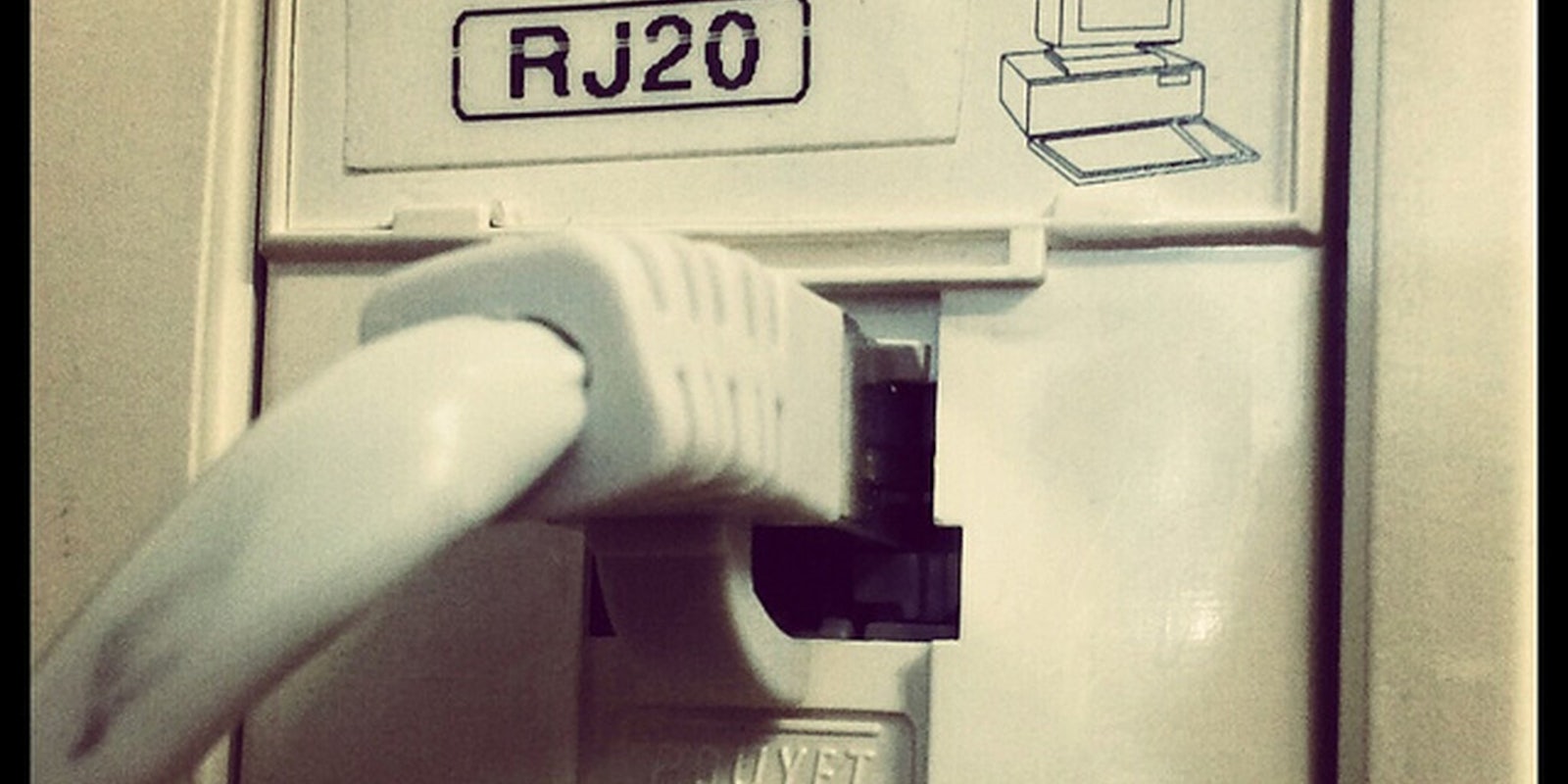A handful of countries, including Russia and China, are supporting proposal that would give the United Nations more control of the Internet.
The controversial measure, called the International Code of Conduct for Information Security, would “give the UN more control over cybersecurity, data privacy, technical standards and the Web’s address system,” The Hill reported.
While the eight-month-old proposal has been supported by Brazil and India, high-ranking U.S. officials have opposed it from the start.
“[Still], I’m not for regulating, per se. I’m concerned about it, and this is a tough question” Army Gen. Keith Alexander told the Washington Times in October. “I would say, generally speaking, I’m not into that portion of regulating as you would espouse.”
Syracuse professor and Internet privacy expert Milton Mueller believes that a code of conduct, even if it is made voluntary, would do more harm than good.
“So this resolution is yet another futile attempt to overlay territorial sovereignty on an internet that is fundamentally inconsistent with it,” Mueller wroteon his blog for the Internet Governance Project. “But it does show you how a lot of states still think about the Internet. The UN should not be allowed to ratify language that attempts to cram the global Internet back into national boxes.”
The Internet is currently managed by a patchwork of “private corporations, governments, independent organizations, and individuals,” according to a study done by American University.
The House Energy and Commerce subcommittee on communications and technology is expected to vote on the proposal sometime this week.
Photo by g4ll4is


